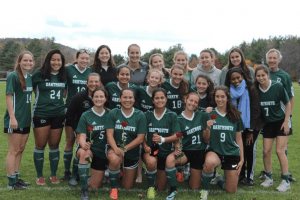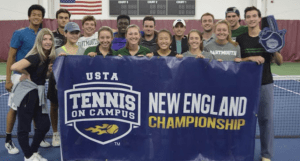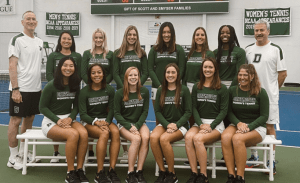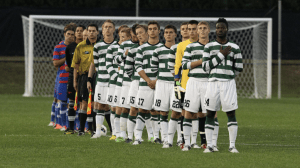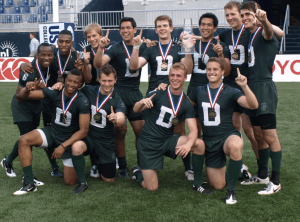Scavenger Hunt
General Information:
Informant = Zac Milestone
Date = 5/20/20
Country of Origin = United States
Informant Data: Zac Milestone was born in Princeton New Jersey on November 17th. He began figure skating at age 7, in the form of pairs ice dancing, and it became his greatest extracuricular commitment throughout his life. In college there is no ice dancing option so Zac transitioned to figure skating and won various awards including 2nd place in the male competition at the national collegiate championship. Zac is currently a senior at Dartmouth College looking to graduate in spring 2020 with a degree in chemistry, he also completed the pre Med curriculum and has aspirations of becoming a doctor.
Contextual Data: The club figure skating team is one of the oldest, strongest, and most established club teams at Dartmouth College. They are one of the few teams with an adult coach and one of the few club teams that has the ability to influence admissions via recruiting. This is largely in part due to the lack of figure skating in NCAA competition. However, while some skaters are recruited and generally have lots of experience and talent, the team does not cut members as it is an individual sport. This results in a large spectrum of talent on the skating team, from beginners to elite skaters. It is also noteworthy that college figure skating includes only individual competitions.
Item: While the details of “the hunt” change every year, the overarching themes and goals of the folkloric tradition remain the same. A significant characteristic of the hunt is that it always takes place at the beginning of the season, and is designed to foster team unity. Preparation for the scavenger hunt requires a large time commitment from the captains and coaches of the team. Designing clues is difficult as they should be solvable, but not too easy. Also ,the clues must point to locations throughout the Dartmouth campus, greater Hanover relevant to experiences in Dartmouth life, Baker library, the Hop, etc, and relevant to experiences specific to the figure skating team, such as the rink, the locker room, dorm rooms of influential members. Another important aspect of the scavenger hunt is the race component. This is orchestrated by separating the entire figure skating team into sub groups. Usually 4 groups of around 5 or 6 people, these groups are racing to solve through the scavenger hunt as quickly as possible. Groups are usually set up to establish mingling between class years within the team, particularly for the older members to get to know the freshmen on the team. The first team to solve all the clues is declared the winner and receives a prize, a typical prize being a gift card to Lou’s.
Collector: Matt Armstrong



